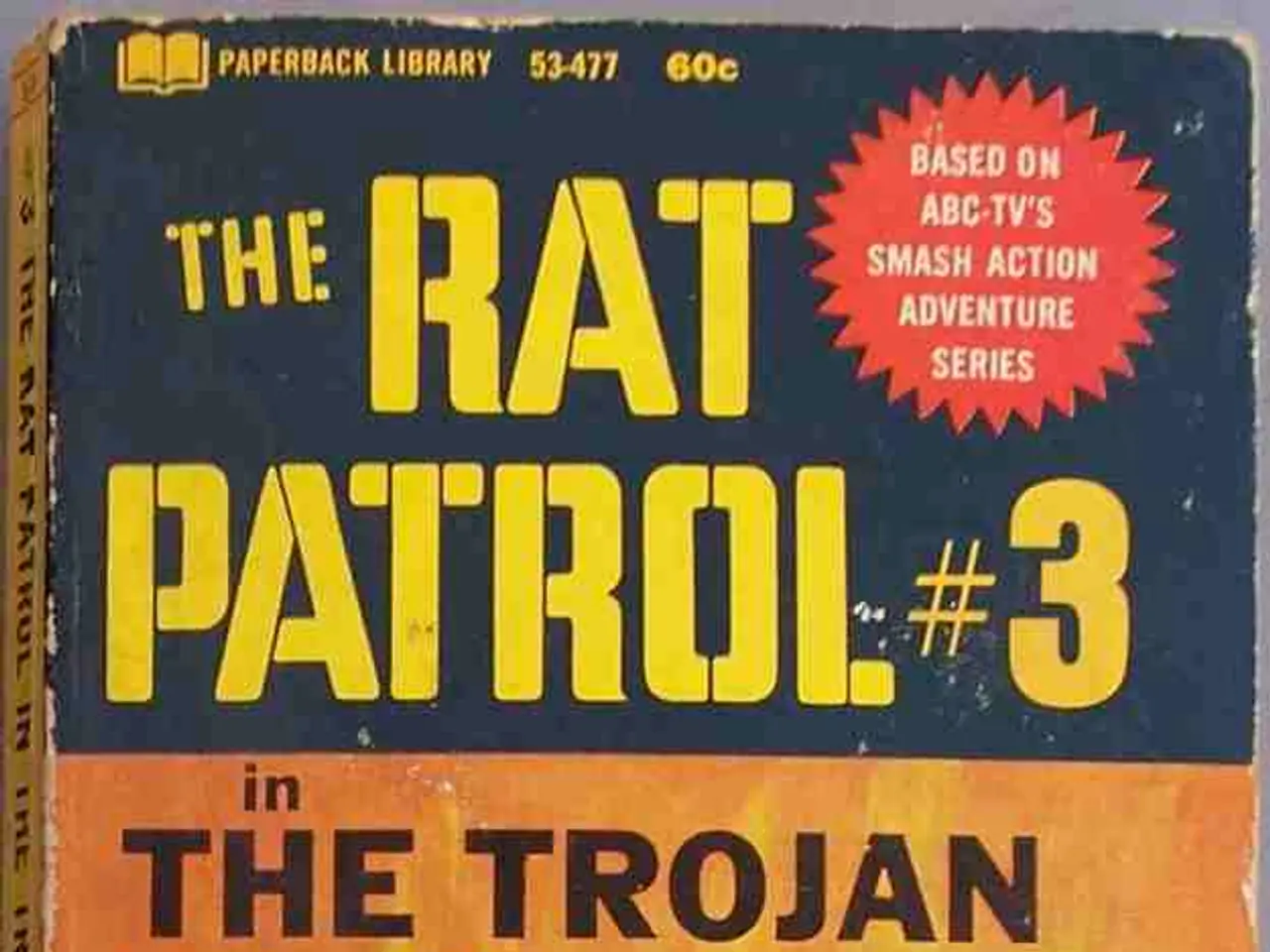Federal authorities asserted President Trump's deployment of troops in Los Angeles was legally justified, while California officials contend it instilled "widespread anxiety and fear," claiming the action was unlawful.
In a heated legal standoff, the state of California and the federal government are locked in a courtroom showdown over President Trump's deployment of National Guard troops to Los Angeles in June 2025.
The deployment, which saw 4,000 California National Guard troops and 700 Marines sent to protect federal property and law enforcement agents during protests against Immigration and Customs Enforcement operations, has been justified by President Trump as necessary to safeguard federal interests.
However, the legal basis for this deployment is a contentious issue. The federal government maintains that it has the authority to protect federal property and enforce federal laws, with federal control of National Guard troops authorized under federal orders. On the other hand, California argues that the deployment violates the Posse Comitatus Act (PCA), a law that generally prohibits military involvement in domestic law enforcement since 1878.
California's attorney, Meghan Strong, disputes the federal government's argument, claiming that the deployment was an unprecedented military intervention in civilian life. Strong argues that the troops were used to provide armed security for federal agents, set roadblocks, and detain civilians, all of which violate the PCA.
The federal government's lawyer, on the other hand, contends that the military deployment is legal, with the purpose of protecting federal property and personnel. The president, they argue, is entitled to deference in this judgment.
The trial centres around whether the troops violated the Posse Comitatus Act, which generally prohibits military personnel from carrying out domestic law enforcement. President Trump has justified the deployment using a law called Title 10, which allows the president to call up Guard forces during a "rebellion" or if he is unable "with the regular forces to execute the laws of the United States."
One exception to the PCA is the Insurrection Act, which allows the president to use the military to enforce the law during an insurrection. However, Mr. Trump has not invoked the Insurrection Act in this case.
Governor Gavin Newsom, who did not approve of the use of his state's Guard forces, called the move an illegal "power grab." The deployment prompted a lawsuit from Newsom, who argues that the PCA was violated due to the lack of state consent and infringement on state sovereignty principles.
The case has been in federal court, with a federal appeals court ruling that Trump can maintain control over the California National Guard troops in Los Angeles, rejecting some of the state's objections. However, the question of whether the deployment violates the PCA remains a contested legal issue, with the interpretation of PCA exceptions, particularly the constitutional or statutory authority for the military to protect federal property, being a key point of dispute.
As the trial continues, both sides present their arguments, with Strong alleging a violation of the PCA and the federal government's attorney arguing for the legality of the deployment. The outcome of this case will have significant implications for the balance of power between federal and state authorities and the role of the military in domestic affairs.
\n\nReferences:
- Newsom v. Trump
- CNN
- NPR
- LA Times
- ACLU
- The trial over the deployment of National Guard troops to Los Angeles in 2025, spearheaded by Governor Gavin Newsom, questions the legality of the move, citing a potential violation of the Posse Comitatus Act (PCA).
- Both sides argue forcefully in the ongoing court case, with California's attorney Meghan Strong alleging that the deployment constitutes an unprecedented military intervention in civilian life, and the federal government's lawyer countering that the military deployment is necessary to protect federal property and personnel.
- The interpretation of PCA exceptions, particularly the constitutional or statutory authority for the military to protect federal property, is a key point of dispute in the case, with significant implications for the balance of power between federal and state authorities and the role of the military in domestic affairs.







